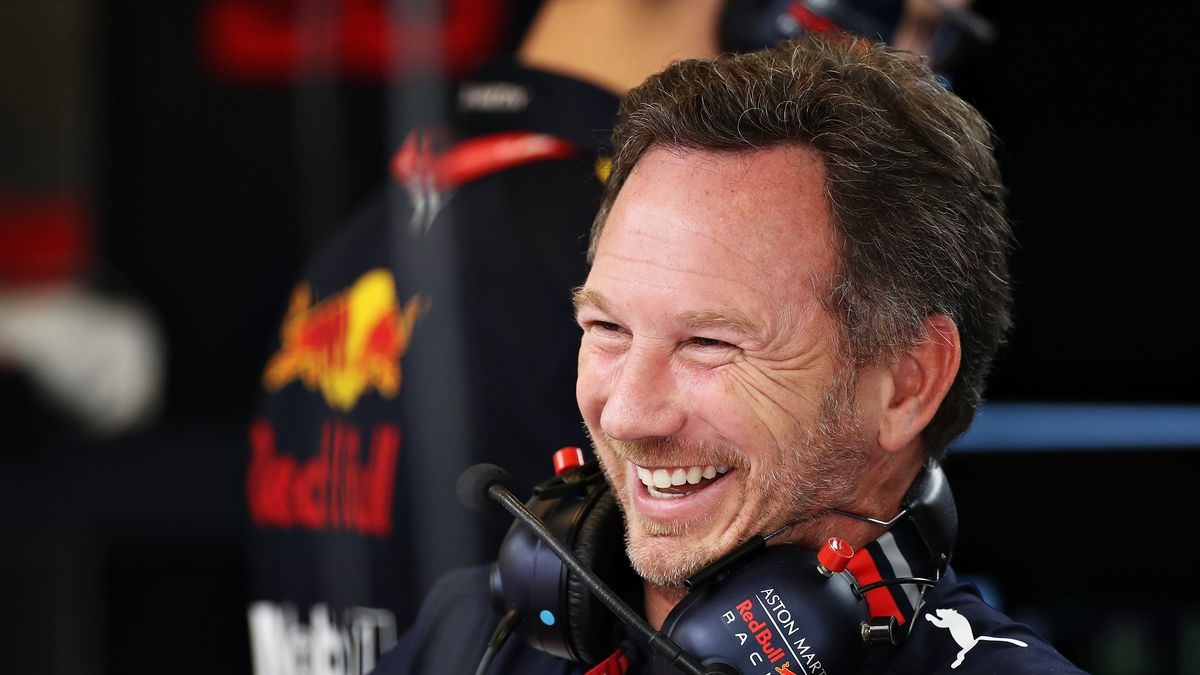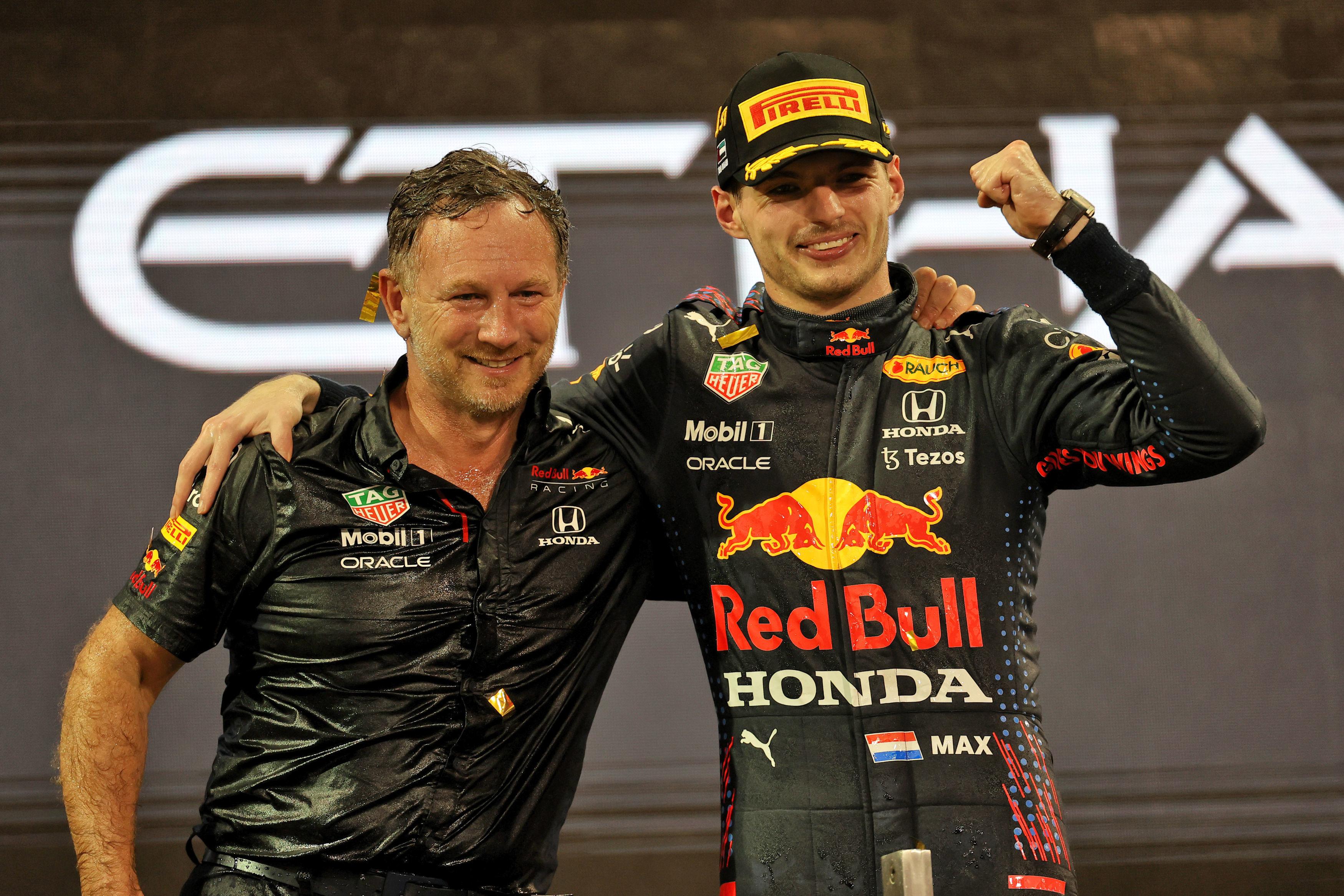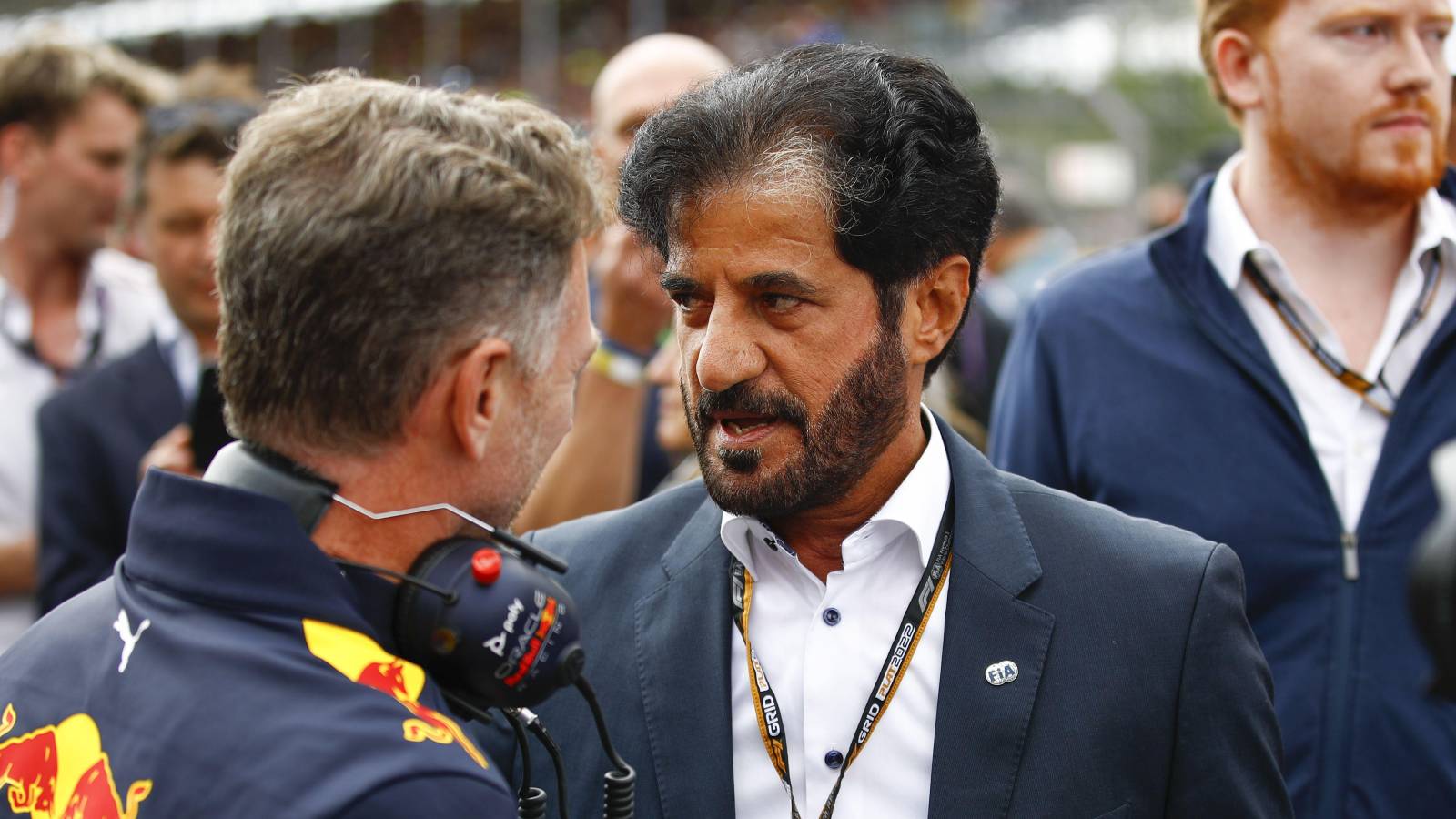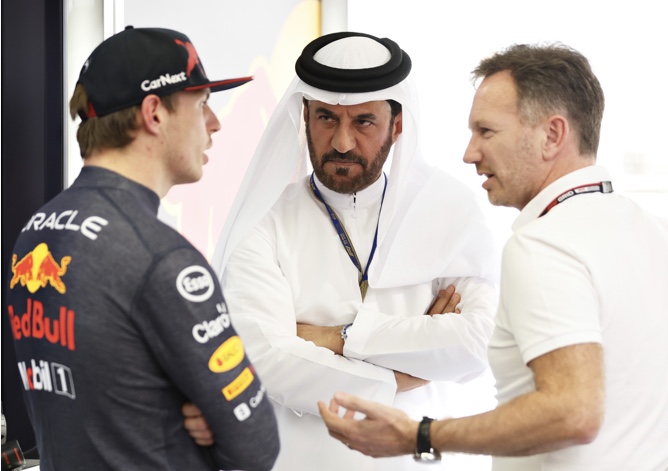There’s a saying that originated with the American Sit Com “Happy Days”. It’s “jumping the shark”. It refers to a moment that was a pivot point in a narrative that made the credibility of the story unsustainable. It’s the moment the authors of the narrative start resorting to desperate measures to keep the viewers’ interest. It’s the point at which the audience starts to lose faith in the story and realises that it has run out of steam and has nowhere to go. It is, in short, the beginning of the end.
In Happy Days, it’s when resident cool dude, Fonzie, clad in his leather jacket and a pair of shorts, takes a leap on his water skis over a shark. In Formula One, it might be the Red Bull Racing budget cap transgression.
The budget cap was introduced with great fanfare as the means to even up the competition and produce more compelling racing. The budget cap, we were assured, would be carefully monitored, rigorously enforced and any transgressions would result in significant penalties.
In the first year, 2021, the certification of the team compliance with the budget cap didn’t take place until nearly a year after the end of the season. This is surely unacceptable, as certification of compliance must be essential to awarding the world championship. Then, there were rumours that not all teams had complied. Worse still, the transgressor was the team of the Driver’s World Champion, Max Verstappen, who won in decidedly dubious circumstances.

Red Bull Racing Team Principal Christian Horner laughs in the garage during final practice for the F1 Grand Prix of Abu Dhabi at Yas Marina Circuit on November 30, 2019 in Abu Dhabi, United Arab Emirates. Photo by Mark Thompson / Getty Images.
Christian Horner denied until he was red in the face that Red Bull had overspent, even threatening to sue other team principals who had stated that they had, not least the already aggrieved head of Mercedes F1, Toto Wolf. Then it was revealed that indeed, Red Bull were in breach of the budget cap. They had overspent by £1.8 million.
On this announcement, an expectant audience waited for tough penalties to be immediately applied.

Chris Horner and Max Verstappen celebrate winning the 2021 world championship.
They imagined points deduction, possible resulting in Verstappen losing the 2021 title, or perhaps a points penalty to be applied to 2022 (even though Verstappen had just clinched the title in Japan).

Max Verstappen 2022 World Champion.
They expected something immediately, that would be impactful and meaningful and justify the imposition of the budget cap, which many people had been sceptical of. Instead, Formula One reverted to type and went behind closed doors.

Chris Horner talks with Mohammed Ben Sulayem, FIA President.
What the audience got was nearly a month long “negotiation” between Red Bull and the FiA to come to “an agreed settlement”. Fans looked on in disbelief. If Red Bull had broken the rules, the penalty should have been immediately applied and Red Bull would be free to appeal.
The penalty that was eventually agreed upon looked to everyone, except Christian Horner, like a slap on the wrist. Horner continues to argue that the $7m fine was devastating to Red Bull and that the 10% reduction in wind tunnel time for 12 months would significantly impact their 2023 car’s development. As the head of Red Bull Racing, however, he must have signed off on the submission of accounts and should take full responsibility for the breach but he clearly does not feel the resulting harm to his organisation was worth offering his resignation over.
Furthermore, the length of time between the breach being announced, the penalty being imposed and the lack of transparency in the process gives the impression to the average viewer that a stitch up had taken place. If it looks like a duck, walks like a duck and sounds like a duck, most people reasonably believe that they’ve been presented with a duck.
Formula One’s audience is being asked to accept that this overspend was due to Red Bull Racing misinterpreting the rules on tax and catering. After all the monitoring, auditing and a month of negotiations, we are now expected to believe that Red Bull’s accountants didn’t understand tax rules.
Quack Quack Quack.
The credibility of the budget cap is in shreds. Despite the FiA’s assertion that the length of time to produce the certifications was down to the novelty and that it will be much quicker in future years, no one is going to take this seriously. Red Bull and Verstappen look like they have gotten away with breaching the new rules without any serious implications for them.

Chris Horner and Max Verstappen talk with Mohammed Ben Sulayem, FIA President.
Everyone in Formula One now wants their audience to “move on”. Indeed, the behaviour of Verstappen in Brazil has very much had the effect of changing the subject. Audiences don’t forget, however. It may well be that the overspend is as described and Red Bull’s accounts department are that bad, but the way this has been handled makes this look like a desperate move by the FiA to make this go away.
Is this Formula One’s “jumping the shark” moment? It may come to be regarded as such. If not, Formula One still water-skis in a shark infested lagoon of its own design. It’s only a matter of time until another shark comes along.
By Clare Topic



Comments
Authorize to comment